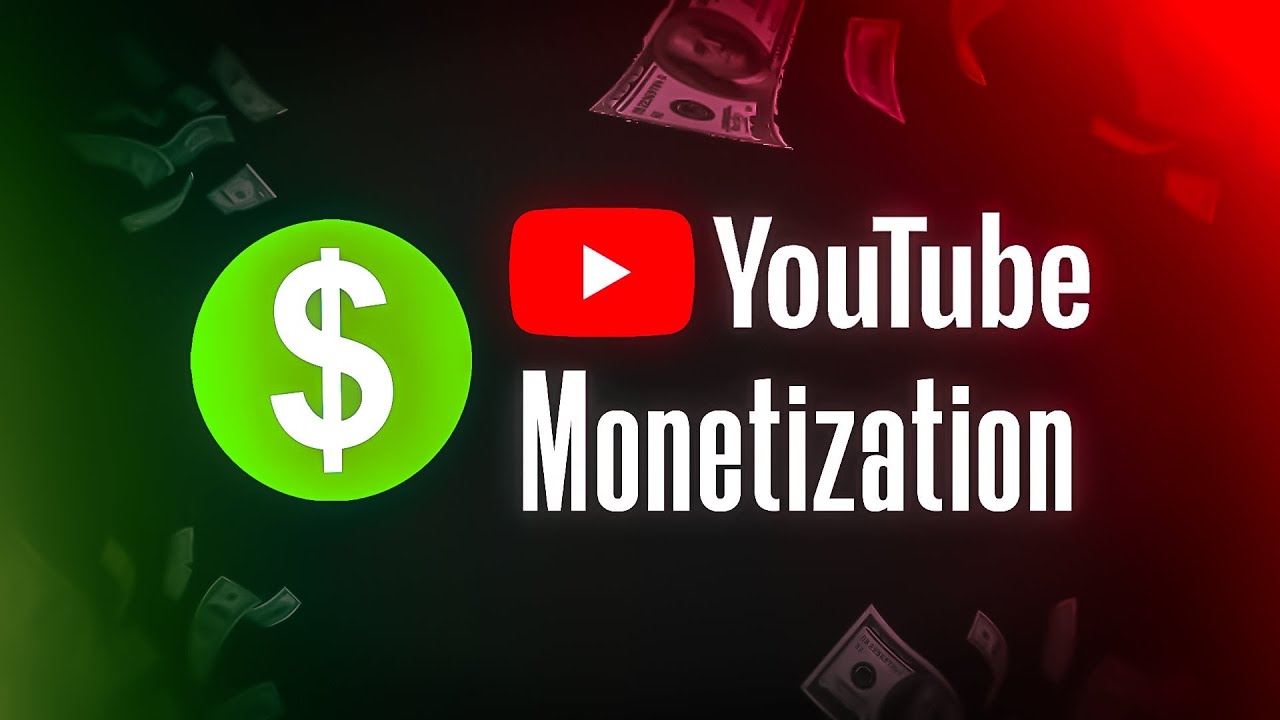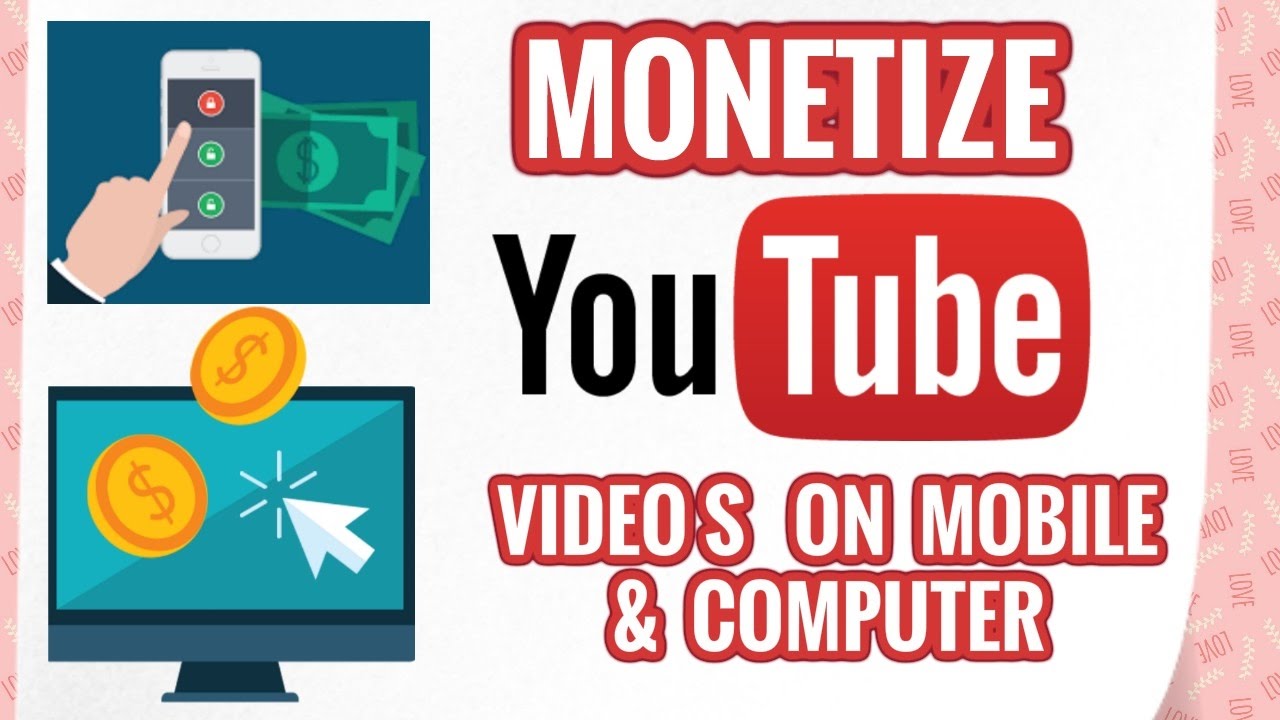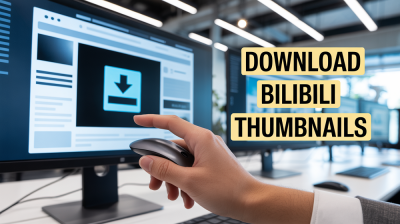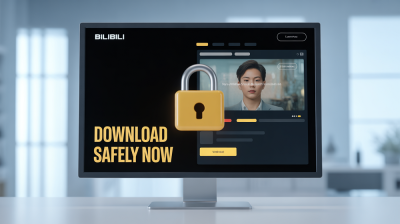Thinking about sharing your favorite movies on YouTube? Before you hit that upload button, it's crucial to understand movie licensing. Without the right permissions, you could face copyright strikes or even your content being taken down. Movie licensing is essentially the key to legally using films in your videos, allowing you to monetize your content while respecting the creators' rights. Let’s dive into what movie licensing entails and why it’s essential for any aspiring YouTube creator!
Why You Need a Movie License

So, why exactly do you need a movie license? Here are a few compelling reasons:
- Legal Protection: Using movies without permission can lead to copyright infringement, resulting in penalties or legal actions. A movie license shields you from this risk.
- Monetization Opportunities: With a valid license, you can monetize your content fully. This means ads can run on your videos, contributing to your income.
- Content Credibility: Licensing shows your audience that you respect the original work, enhancing your channel’s credibility and professional image.
- Access to Diverse Content: Obtaining licenses opens the door to a vast library of films, allowing you to create unique and engaging content that resonates with your audience.
Let’s break down these points further:
Legal Protection is a major concern for any content creator. Imagine pouring your time and energy into a video, only for it to get flagged! With a movie license, you have the right to use that film, which keeps your channel safe and secure.
Next, consider monetization opportunities. YouTube has strict policies about copyrighted material. Without a license, the chances of making money from your videos drop significantly. With the right permissions, you can reap the rewards of your hard work—just think of all that ad revenue!
Also, don’t underestimate the importance of content credibility. Viewers appreciate when content creators respect the work of others. By licensing films, you’re not just following the rules; you’re building a trustworthy reputation in the YouTube community.
Finally, obtaining movie licenses gives you access to a treasure trove of diverse content. Instead of sticking to public domain films or royalty-free options that might not appeal to your audience, you can include popular movies and genres that engage viewers. This variety can help keep your channel fresh and exciting!
Ultimately, securing a movie license is a smart investment in your YouTube journey. It’s about protecting your work, making money, and building a brand that people trust and want to follow. So, if you’re serious about your channel, don’t skip this crucial step!
Also Read This: How to Create a QR Code for Your YouTube Video
3. Types of Movie Licenses Available

When it comes to buying a movie license for your YouTube content, understanding the different types of licenses is crucial. Each type of license serves a different purpose and caters to various needs. Here’s a breakdown:
- Public Performance License: This license allows you to show a film to an audience. It’s essential for any public screening, whether it’s online or in a physical venue. If you want to host a watch party or a community event on YouTube, this is the license you’ll need.
- Digital Distribution License: This is perfect if you plan to upload a movie and share it on platforms like YouTube. It grants you the rights to distribute the film digitally. Be careful, though; not all films are available for this type of license, so double-check before purchasing.
- Synchronization License: If you're interested in using specific music or soundtracks from the movie, you'll need this license. It allows you to synchronize music with your video content, making it essential for creating engaging montages or reviews.
- Home Video License: While this is less common for YouTube creators, it’s worth mentioning. This license pertains to the sale or rental of physical copies, like DVDs or Blu-rays. It’s not usually relevant for digital content but can be important for those who distribute physical media.
Choosing the right license depends on how you intend to use the movie. Always read the fine print and understand the restrictions associated with each license. This way, you can ensure you're fully compliant and avoid potential legal headaches down the road.
Also Read This: How Much Revenue Comes from 50 Million YouTube Views?
4. Steps to Buy a Movie License
Buying a movie license might sound daunting, but breaking it down into simple steps can make the process smooth and straightforward. Here’s how you can secure a movie license for your YouTube content:
- Identify Your Needs: Start by determining how you plan to use the movie. Will it be a review, a commentary, or part of a larger project? Understanding your needs will help you choose the right type of license.
- Research Licensed Distributors: Not all films are available for licensing through the same sources. Websites like FilmFreeway, MyMovieList, or even direct contact with film studios can guide you to licensed distributors. Take your time to explore your options.
- Request a Quote: Once you’ve found a distributor, reach out to them for a quote. They might ask for details about your channel, audience size, and how you plan to use the movie. Be transparent for a more accurate estimate.
- Review the Terms: Before signing anything, carefully read the licensing agreement. Pay attention to the duration of the license, territorial rights, and any specific conditions. Knowledge is power here!
- Make the Purchase: If everything looks good and you’re satisfied with the price, proceed with the purchase. Keep a copy of the license for your records—it’s your proof of legality!
- Upload with Confidence: Finally, once the license is in hand, you’re ready to upload your content! Ensure that you mention the license in your video description, which adds a layer of transparency with your audience.
Remember, investing in a movie license is not just about staying legal; it’s about respecting the creators and artists behind the films. Happy licensing!
Also Read This: How to Download 4K Videos From YouTube Quickly and Easily
5. How to Find the Right License for Your Content
Finding the right license for your YouTube content isn't just about legality; it's about ensuring you can create without worry. Think of it as your content's shield against copyright claims! Here’s how to navigate this process:
- Identify Your Needs: Start by determining what type of content you produce. Are you using clips from movies, music, or both? Different types of media require different licenses.
- Research Licensing Options: There are several platforms and organizations that offer movie licenses. Websites like MovieLicense.com and Licensing International provide comprehensive databases where you can find movies and their licensing terms.
- Check the License Type: Look for licenses that allow for commercial use, as this is essential for monetization on YouTube. For example, a "Sync License" is often required for music, while a "Public Performance License" is necessary for film clips.
- Review Terms and Conditions: Always read the fine print! Licenses come with various stipulations—some may allow for monetization, while others may limit how you can use the footage. Understanding these terms can save you from legal headaches down the line.
- Consult Professionals: If you’re feeling overwhelmed, don’t hesitate to reach out to a legal professional specializing in media rights. They can provide personalized guidance and help you navigate the complexities of licensing.
By taking these steps, you’ll ensure that the license you choose not only meets your needs but also protects your creative work. Remember, your content deserves to shine without the shadow of copyright infringement looming over it!
Also Read This: How to Add YouTube Audio to Google Slides: A Quick and Easy Method
6. Understanding the Costs Involved
When it comes to purchasing a movie license for your YouTube content, understanding the costs is crucial. It’s not just about the upfront fees; it’s about what those fees cover and how they fit into your budget. Here’s a breakdown of what to expect:
| License Type | Estimated Cost | Comments |
|---|---|---|
| Public Performance License | $100 - $1,500 | Varies based on the film's popularity and distribution. |
| Sync License | $500 - $2,000+ | Required for using music in your project; costs can vary widely. |
| Flat Rate License | $200 - $5,000 | Fixed fee for specific content; good for long-term use. |
| Royalty-Based License | Variable | Pay a percentage of earnings; can be beneficial for high-traffic channels. |
In addition to these costs, consider:
- Renewal Fees: Some licenses require annual renewals or updates. Factor this into your long-term budget.
- Negotiation: Don’t hesitate to negotiate terms, especially if you’re planning to use the content extensively.
- Hidden Costs: Be on the lookout for any additional fees related to usage, like distribution charges or increased royalties based on viewer numbers.
Understanding these costs will help you make informed decisions as you plan your YouTube content strategy. Remember, investing in the right license not only protects your channel but also enhances your brand's credibility!
Also Read This: How to Block YouTube Ads on Roku: Tips for Ad-Free Streaming
7. Legal Considerations When Monetizing Content
When diving into the world of YouTube monetization, understanding the legal landscape is crucial. Not only do you want to protect your own interests, but you also want to steer clear of any potential pitfalls that could derail your channel. Here are some essential legal considerations to keep in mind:
- Copyright Laws: Always remember that copyright is a serious issue on platforms like YouTube. Using copyrighted material without permission can lead to your videos being taken down or, worse, your channel being shut down. If you're considering using movie clips or music, make sure you have the necessary licenses in place.
- Fair Use Doctrine: While fair use might allow you to use short clips for commentary, criticism, or educational purposes, it's a gray area. Be cautious; understanding the balance of how much you can use without infringing is key. For example, using a 10-second clip for a review might qualify, but using an entire scene typically won't.
- Licensing Agreements: When you purchase a movie license, carefully read the terms of the agreement. Some licenses may restrict how you can use the content or require you to pay royalties based on your earnings. Ensure that you know what you're getting into!
- Music Licensing: Don’t overlook the music! Background music can enhance your videos but using copyrighted tracks can be an expensive mistake. Consider using royalty-free music or acquiring licenses for the music you want to use.
- Trademarks: Be aware of any trademarks associated with the movies or clips you are using. Using a recognizable logo or brand without permission may lead to legal action.
In summary, staying informed and compliant with copyright and licensing laws will not only protect your channel but also enhance your credibility with your audience. Investing time in understanding these legal aspects can save you from headaches down the line.
8. Common Mistakes to Avoid
Starting your journey on YouTube can be exhilarating, but it’s also easy to trip up, especially when it comes to monetizing content legally. Here are some common mistakes that many new creators make, and how you can avoid them:
- Ignoring Copyright Research: One of the biggest blunders is not doing thorough research on copyright laws. Many creators assume that if they find content online, they can use it freely. Don’t fall into this trap—always verify the licensing of any media you wish to include in your videos.
- Overlooking License Terms: When purchasing a movie license, don’t skim through the terms and conditions. Understand the limitations and requirements. For example, some licenses might require crediting the original creator or might not allow you to use the content for commercial purposes.
- Failing to Plan for Monetization: If you're serious about monetizing your content, create a plan that includes how you’ll integrate licensed material. This means budgeting for licenses and understanding how they fit into your overall business model.
- Neglecting to Keep Receipts: Always keep a record of your licenses and any correspondence related to them. This is crucial if you ever face disputes or need to prove your legal right to use specific content.
- Relying Solely on Fair Use: While fair use can be a lifesaver, it’s risky to rely on it entirely. Always seek licenses when possible to avoid the uncertainties that come with fair use claims.
Avoiding these common mistakes will not only save you time and stress but also enhance your reputation as a creator. Remember, being proactive about your legal standing is just as important as producing great content!
 admin
admin








